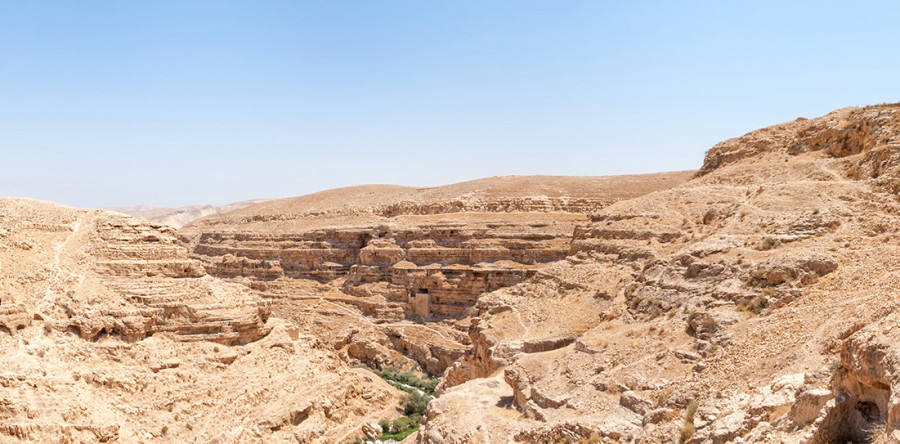Revelle contributed to the preparation of a pre-feasibility assessment study on renewable energy used to boost capacity of a desalination plant in the occupied Palestinian territory.
The water supply situation in the occupied Palestinian territory (oPt) is directly affected by the socio-economic situation and the on-going conflict. Access to drinkable water and for irrigation purposes is largely restricted in oPt, and is even more deteriorated in the Gaza Strip due to the lack of water resources, poor water infrastructures, and high population density. This quantitative and qualitative depletion of water resources is one of the main environmental concerns in the geographical areas. This has an especially big impact on access to agriculture land, due to the increased concentration of salt in the irrigation waters as a consequence of the intrusion of sea water in the aquifers, and the discharge of partially treated effluents resulting from the insufficient sewage and waste water system.
In light of the above, the Palestinian Water Authority has been trying to develop renewable energy desalination plants, preferably from sea water to minimize over abstraction of ground water resources and especially reduce dependency on costly and increasingly scarce fossil fuels.
Within the framework of the European Union’s Technical Assistance Facility to the Sustainable Energy for All Initiative that Revelle is implementing, assistance was provided to the European Union Delegation in Jerusalem in the development of a pre-feasibility study for the renewable energy component of the Short-Term Low Volume (STLV) Sea Water Desalination Plant in Gaza. Revelle’s Senior Expert on Solar Desalination Technologies was part of the team of experts, who carried out Phase 2 of a total of 3 phases of the STLV Project. The team had four main objectives: i) increase the capacity of the desalination plant through the development of a renewable energy component with a solar photovoltaic technology; ii) recommend the best photovoltaic technology; iii) assess the different options of thermal solar desalination; and iv) produce a financial evaluation of the renewable energy component of Phase 2.



